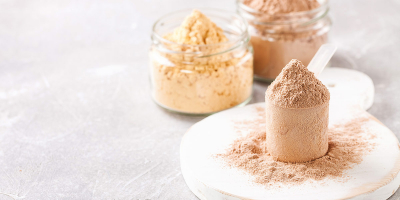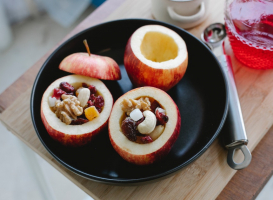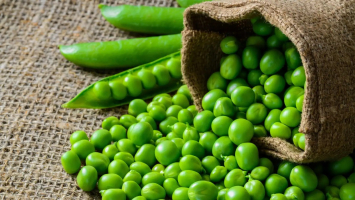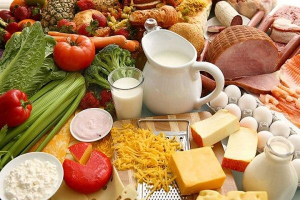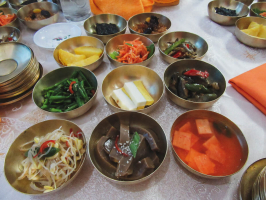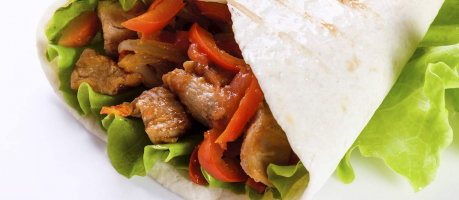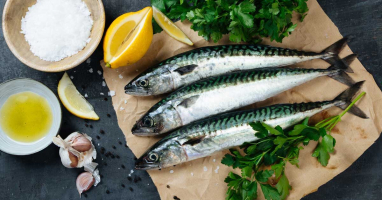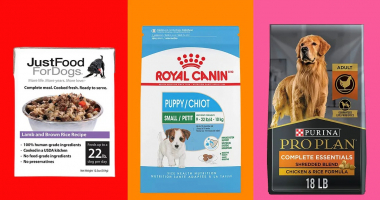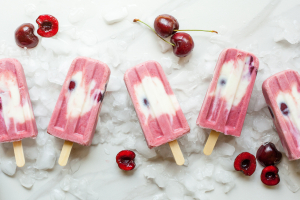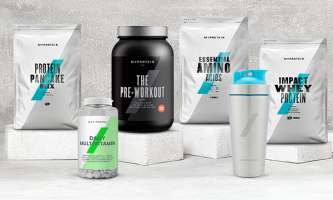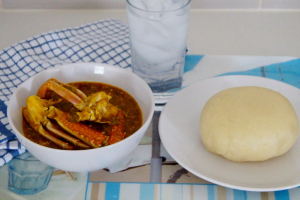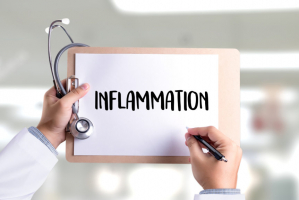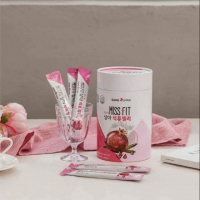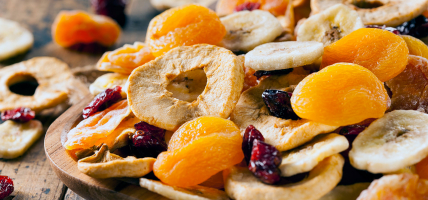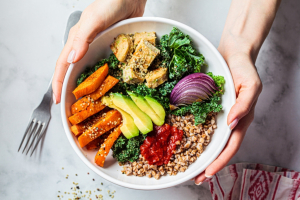Top 10 Best Lean Protein Foods
Protein is an important part of a healthy diet, but if you want a high-protein meal that is also low in fat and calories, that may be a bit challenging. ... read more...Fortunately, you may meet your protein intake by eating a variety of lean animal and plant sources. Below are some of the Best Lean Protein Foods you can start adding to your diet right away!
-
Whitefish is widely used in many healthy recipes because of its tender texture and mild flavor. These fish are packed with nutrients including protein, vitamin B12, and selenium, in addition to being versatile and simple to cook.
Most white-fleshed fish are lean and high in protein, with less than 3 grams of fat per 3.5-ounce (100-gram) plain, cooked serving, 20–25 grams of protein, and 85–130 calories. Cod, haddock, grouper, halibut, tilapia, and bass are examples of highly lean white fish. These white fish have 10–25% fewer omega-3 fatty acids than darker-fleshed, higher-fat, higher-calorie fish like coho and sockeye salmon. As a result, eating both types of fish is a smart idea. Plain fish fillets may be bought in the frozen food section of your supermarket.
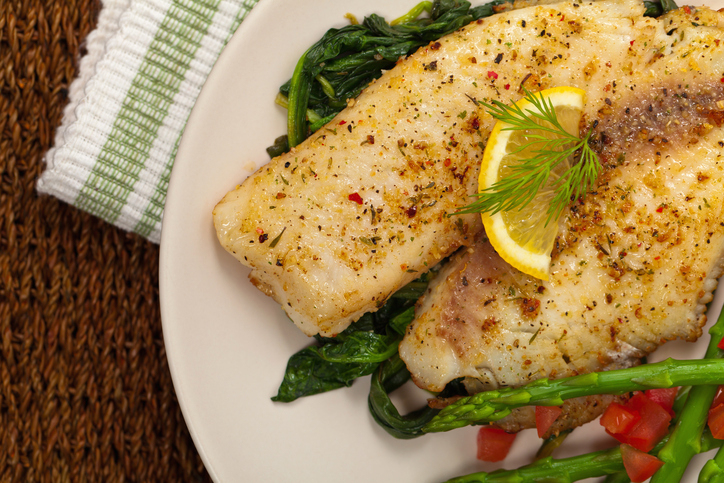
White-fleshed fish 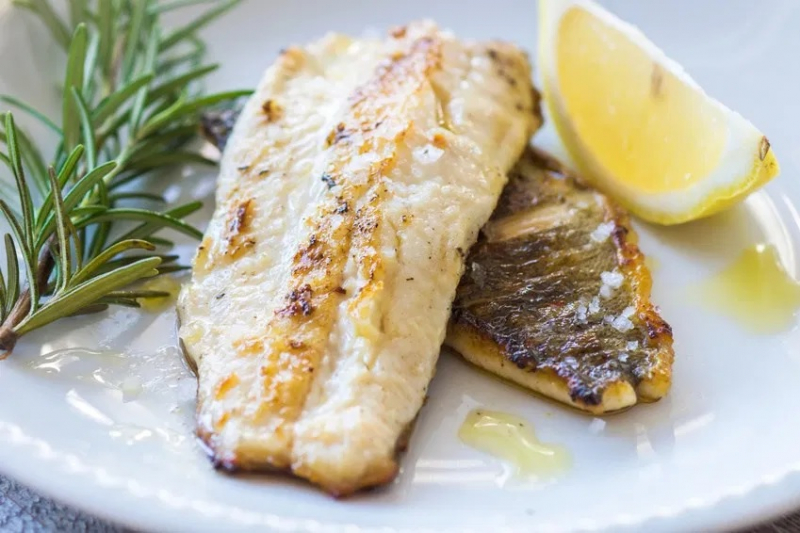
White-fleshed fish -
Greek yogurt that is plain and nonfat stands out among the different yogurts available. All yogurts are high in calcium, potassium, protein, zinc, and B6 and B12 vitamins. Because the liquid whey is strained out of Greek yogurt, it has a thicker, creamier texture.
Greek yogurt has 15–20 grams of protein every 6-ounce (170-gram) serving, compared to only 9 grams in regular yogurt. This is due to the way Greek yogurt is made. Plain nonfat Greek yogurt contains less than 2 grams of fat per 156-gram serving if you're looking for the least number of calories and fat. A smart choice is low-fat plain Greek yogurt, which contains around 3 grams of fat and 125 calories per 6-ounce serving. You may avoid the unnecessary sweeteners and add your own fruit by selecting plain.
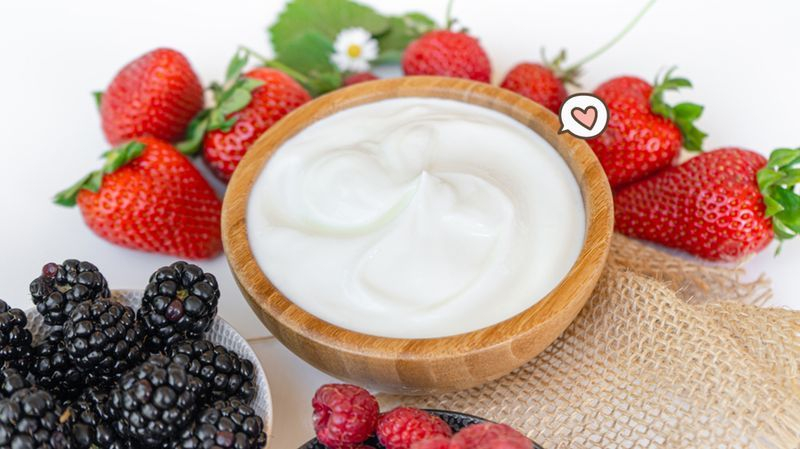
Plain Greek yogurt 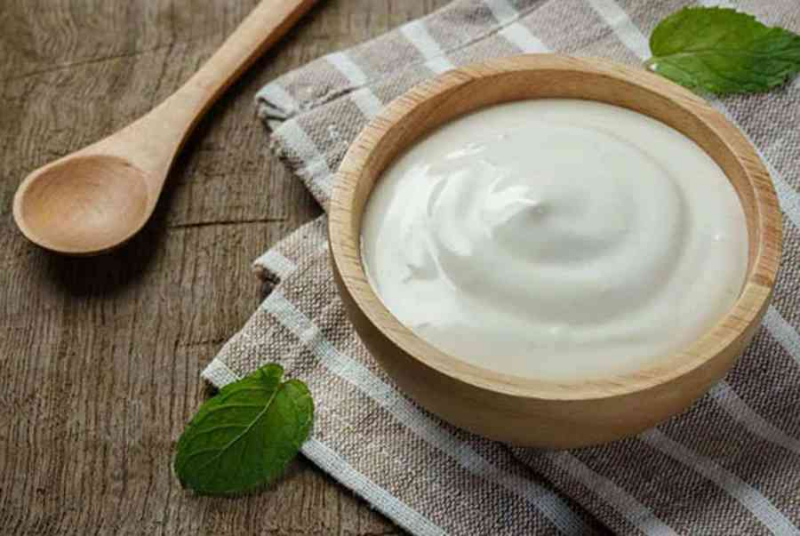
Plain Greek yogurt -
Dry beans, peas, and lentils, also called pulses, are a subgroup of legumes. They are low in fat and high in fiber, with an average of 8 grams of protein per 1/2 cup (100 grams) cooked serving.
Pulses are more filling because of their high fiber and protein content. Furthermore, if you consume pulses on a regular basis, the fiber may help decrease your blood cholesterol. In an analysis of 26 studies including 1,037 people, consuming 2/3 cup (130 grams) of cooked pulses daily for at least 3 weeks reduced LDL (bad) cholesterol by roughly 7 mg/dL compared to control diets. Over time, that resulted in a drop in LDL of nearly 5%. Notably, pulses are deficient in a few essential amino acids, which serve as the body's building blocks for protein. But you may fill in those gaps by consuming additional plant protein sources throughout the day, including whole grains and nuts.
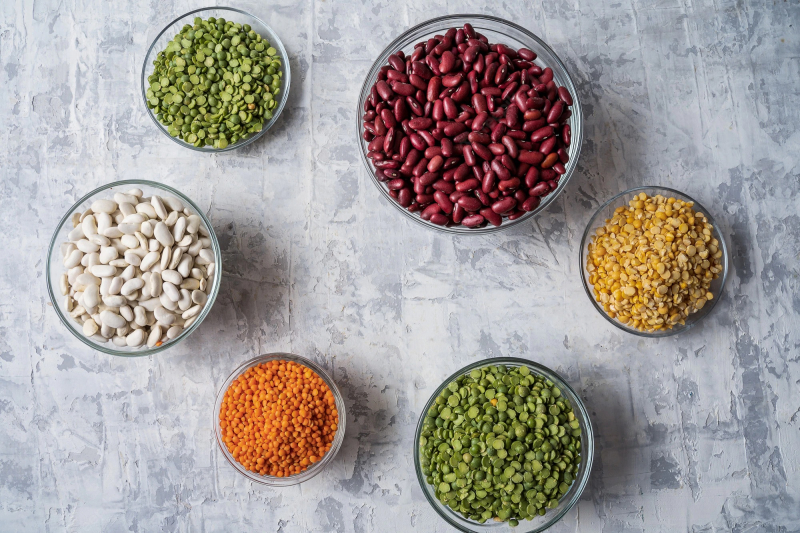
Beans, peas, and lentils 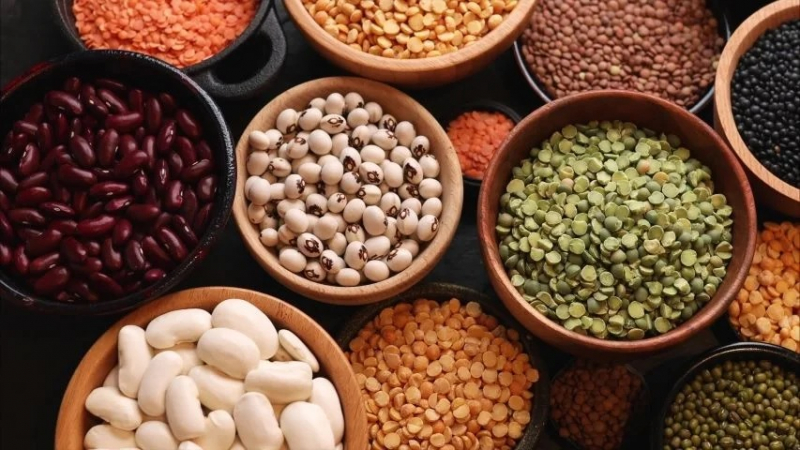
Beans, peas, and lentils -
Around 30 grams of protein are included in a 3.5-ounce (100-gram) serving of cooked chicken or turkey breast. To get the leanest meat, avoid dark meat cuts like drumsticks and thighs. The breasts, breast tenderloins (tenders), and wings are all-white meat. But generally, both white and dark meat chicken are an excellent source of nutrient-dense protein that supports weight loss, muscle growth, and overall good health.
If you're trying to cut back on calories and fat, try to skip the skin. For example, 3.5 ounces (100 grams) of roasted chicken breast with skin has 200 calories and 8 grams of fat, compared to 161 calories and 3.5 grams of fat in the same amount of skinless chicken breast.
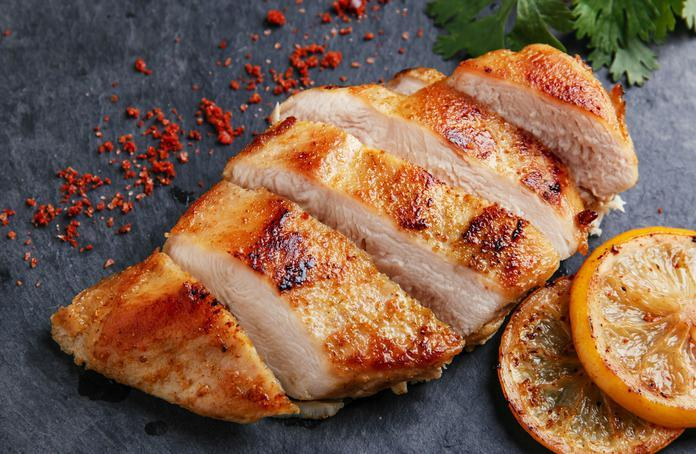
Skinless white meat poultry 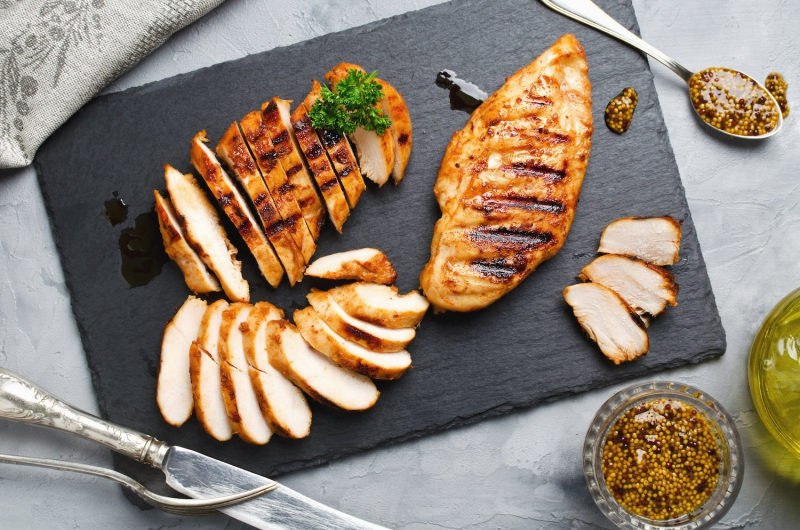
Skinless white meat poultry -
Cottage cheese is a low-calorie, mild-flavored cheese. It is known as a component of a healthy diet because it is a good source of protein as well as other essential nutrients.
Cottage cheese is a popular option among athletes. Cottage cheese's proteins are particularly efficient at helping muscular growth. Casein makes about 80% of the protein in the dairy and is absorbed slowly. Due to its slower absorption, it is even more efficient at preventing muscle breakdown than whey protein at helping to build muscle. Additionally, casein encourages the longer absorption of amino acids, which has been linked with an increased ability to build muscle.
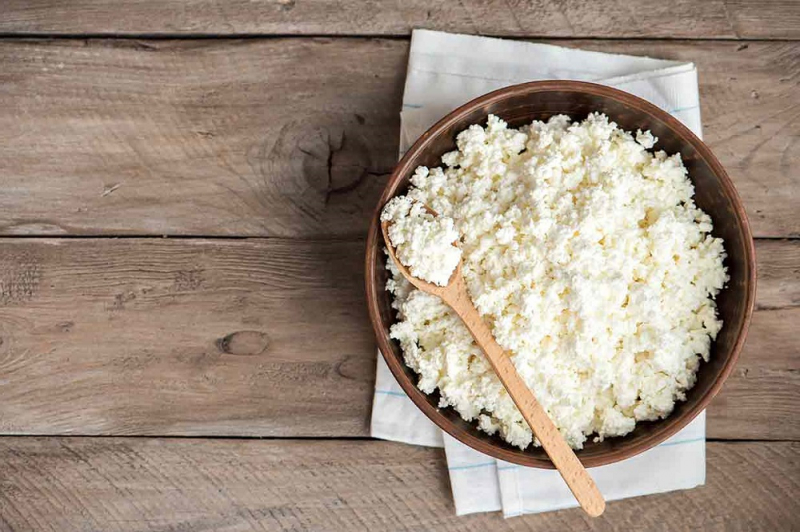
Low fat cottage cheese 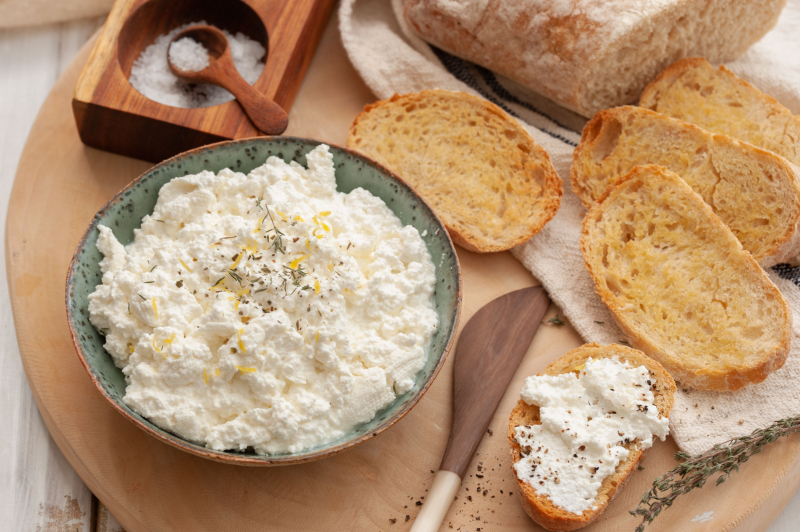
Low fat cottage cheese -
If you're trying to avoid eating animal products, tofu is a particularly good source of protein. Tofu has enough 9 essential amino acids in a 3-ounce (85-gram) serving, providing 71 calories, 3.5 grams of fat, and 9 grams of protein.
Tofu comes in a variety of textures, which you may choose based on how you want to use it. Firm or extra-firm tofu can be used in place of meat in roasted, grilled, or sauteed dishes, and soft or silken tofu can be used in creamy soups or desserts. Edamame and tempeh are two more whole food sources of soy that are strong in protein and relatively low in calories and fat if you're not completely keen on tofu. Be aware that about 95% of the soybeans grown in the US are genetically engineered (GM). Tofu that has not been genetically modified can be bought if you prefer to stay away from GM foods.
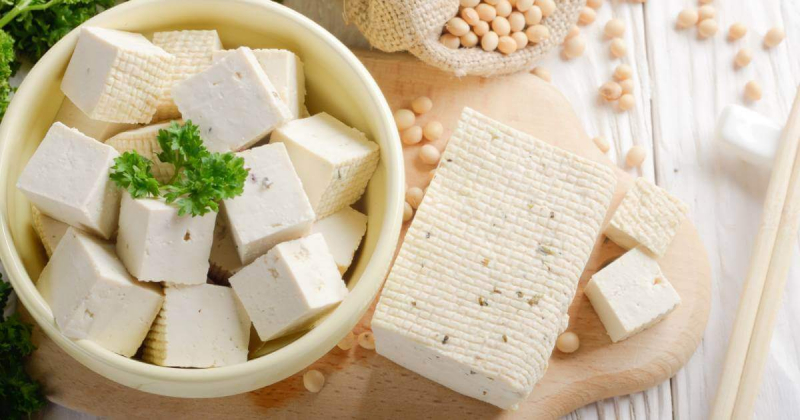
Tofu 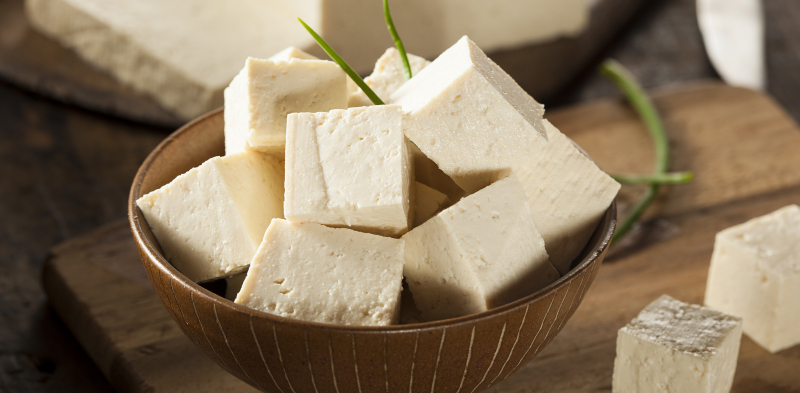
Tofu -
One serving size of 3.5 ounces (100 grams) cooked from a lean cut of beef has less than 10 grams of total fat and no more than 4.5 grams of saturated fat.
Protein, omega-3 fatty acids, vitamin B12, niacin, zinc, and iron are all nutrients found in lean red meat. If you’re buying fresh beef that doesn’t have a nutrition label, certain words, such as “loin” and “round', meaning that the meat is lean. For example, round steak, the eye of round roast, sirloin, and tenderloin steaks are all lean cuts of meat. Furthermore, lean meat can help you stay under recommended limits for saturated fat intake and lower the risk of developing chronic diseases. Beef that is at least 90% lean is a healthy option.
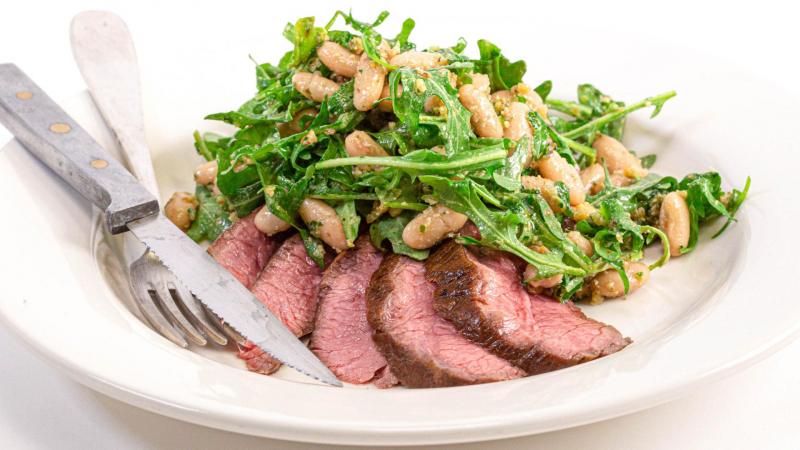
Lean beef 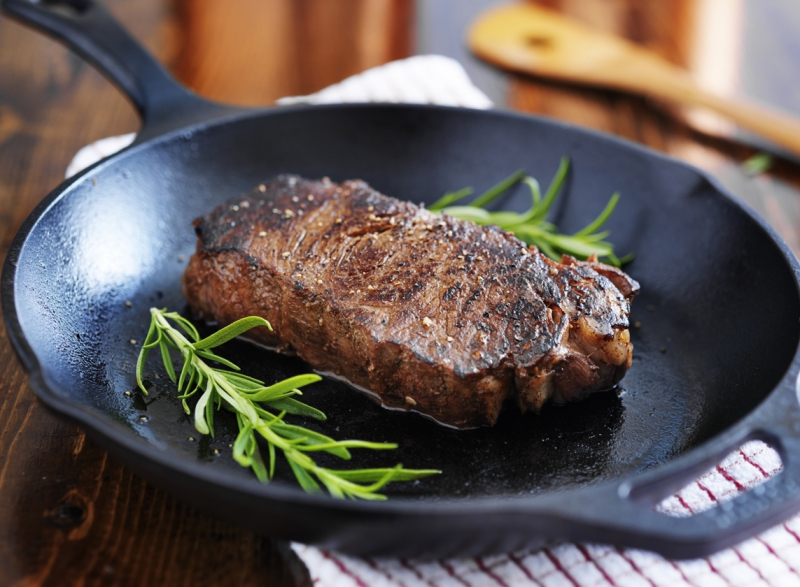
Lean beef -
Although the natural oil in peanut butter is good for your heart, it may also be quite calorie-dense. Regular peanut butter has 200 calories, 16 grams of fat, and 7 grams of protein in just 2 tablespoons (32 grams).
Powdered peanut butter without sugar is a lower-calorie option. During processing, the majority of its fat is pressed out. One serving size of two tablespoons has just 45 calories, 1 gram of fat, and 4 grams of protein. Mix the powder with a little water at a time until it reaches a similar consistency to regular peanut butter. For dipping apples, bananas, or even dark chocolate, reconstituted powdered peanut butter is excellent. As an alternative, you may include the dry powder to boost flavor and protein in shakes, pancake or muffin batter, oatmeal, and smoothies.
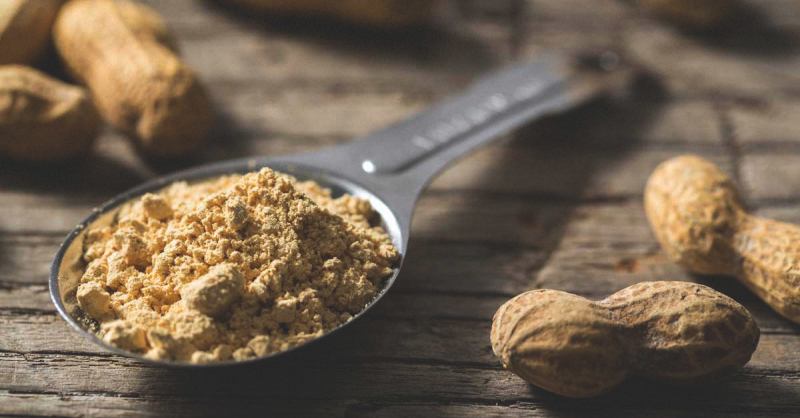
Powdered peanut butter 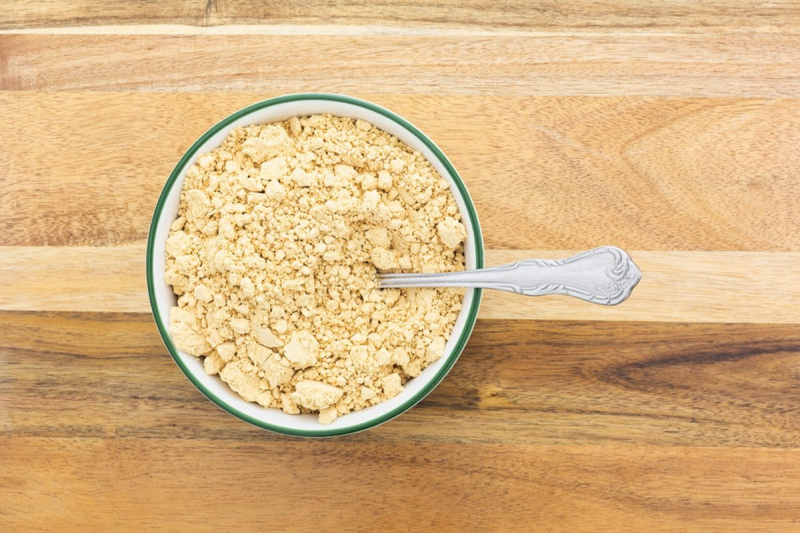
Powdered peanut butter -
Due to its high protein content, turkey is one of the healthiest meats you can eat. Because it helps with the ongoing maintenance and repair of bone and muscle growth, protein is crucial for keeping a healthy body. A healthy, balanced diet is greatly enhanced by including turkey in your diet.
Naturally high in protein, cooked turkey breast flesh has 28g of protein per 100g or more than half of the daily recommended intake for an adult. It is recommended that the average man and woman eat about 50g of protein daily, therefore eating turkey meat can significantly increase your daily intake. Turkey works well in chili, tacos, and even meatballs as a replacement for chicken or beef.
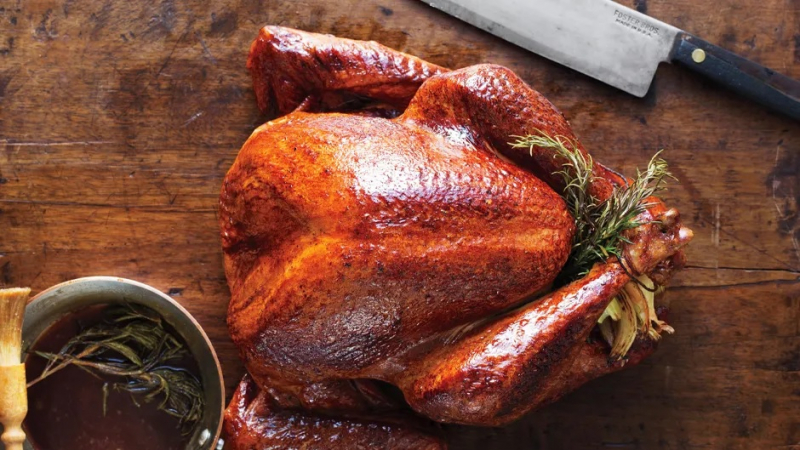
Turkey 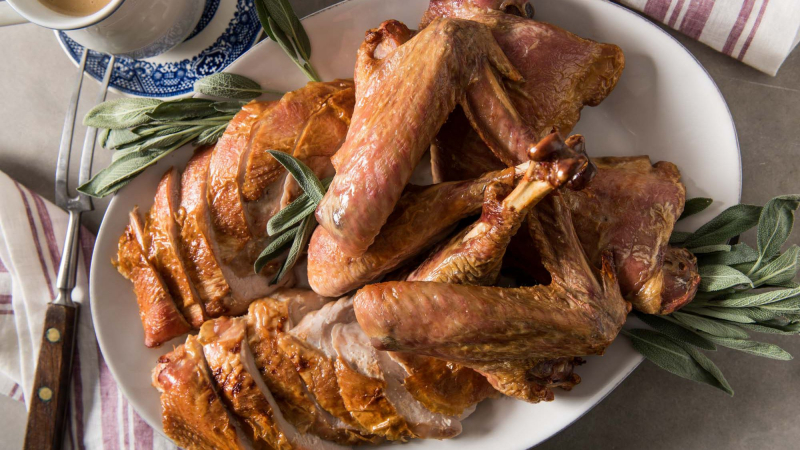
Turkey -
Perhaps you're not in the mood for chicken, turkey, or beef. You may also use pork as a lean protein source, but be sure to buy the right cut.
According to the USDA, a 4 oz. pork loin provides roughly 188 calories, 24.1 g. of protein, 3.12 g. of saturated fat, and 9.4 g. of total fat. Furthermore, it has 27 mg of magnesium, 1.9 mg of zinc, and 405 mg of potassium. Pork loin and chops, as well as sirloin roasts, are excellent choices for lean protein since they are low in fat. Trimming any excess fat from the edges of the meat before cooking. If you want to reduce the amount of fat and calories in your diet, you may cook using low-fat techniques like grilling or broiling.
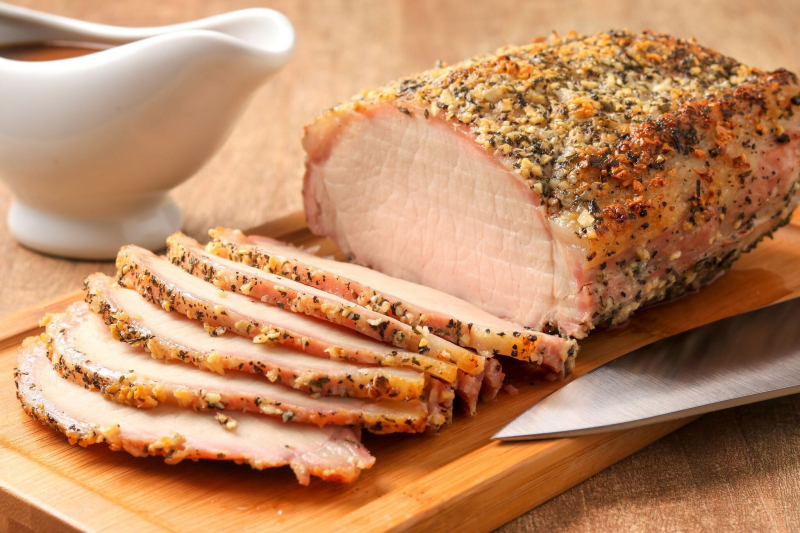
Pork Loin 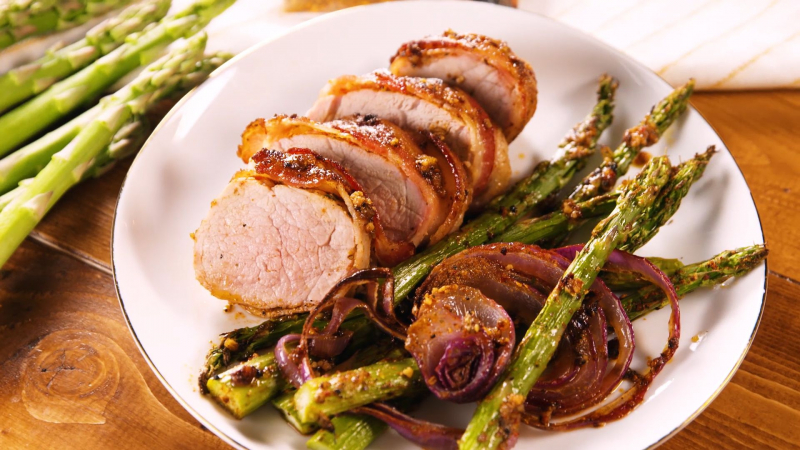
Pork Loin













